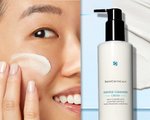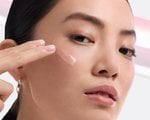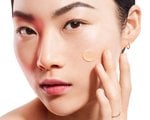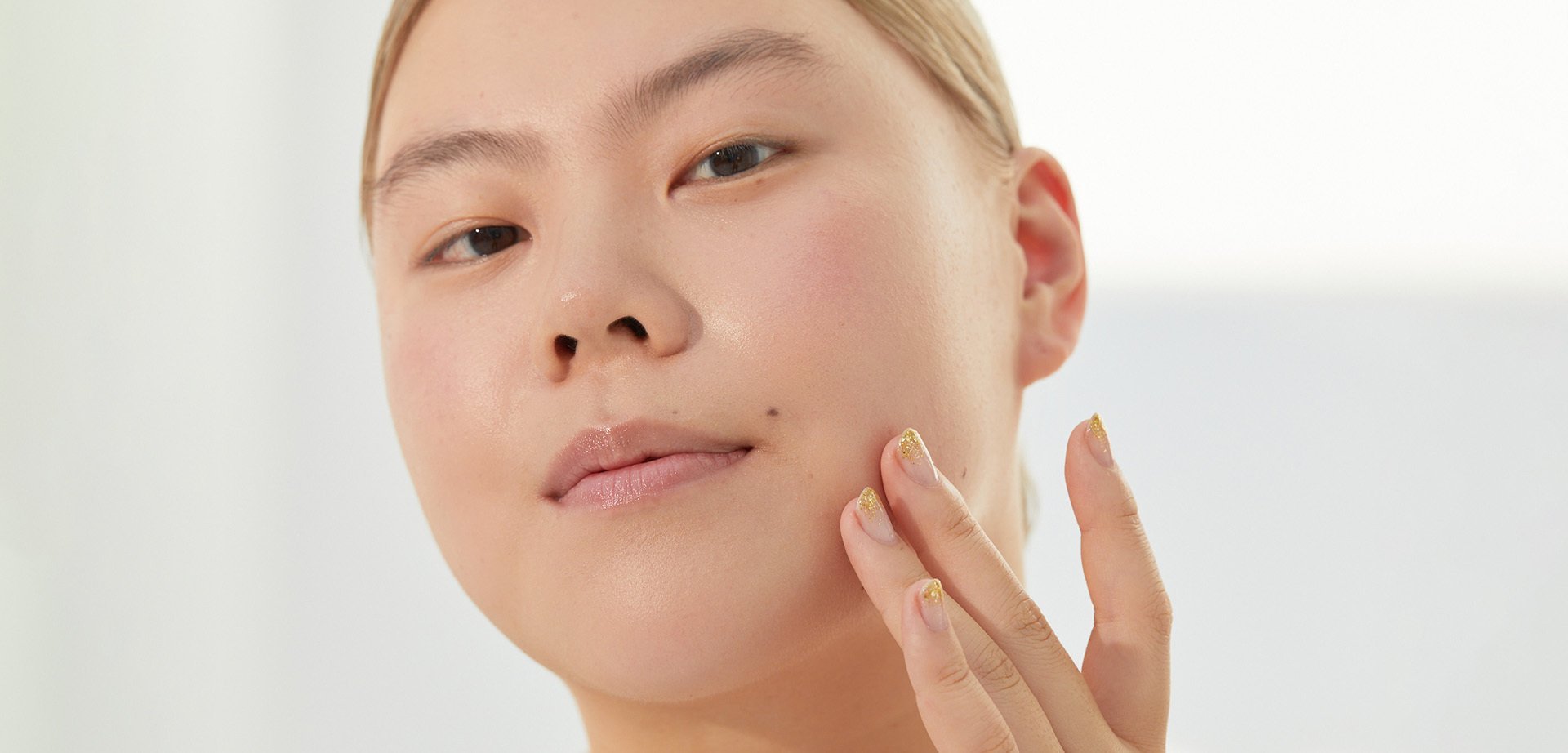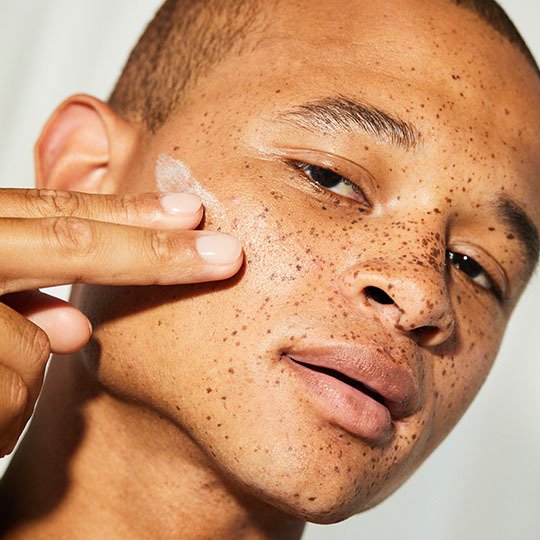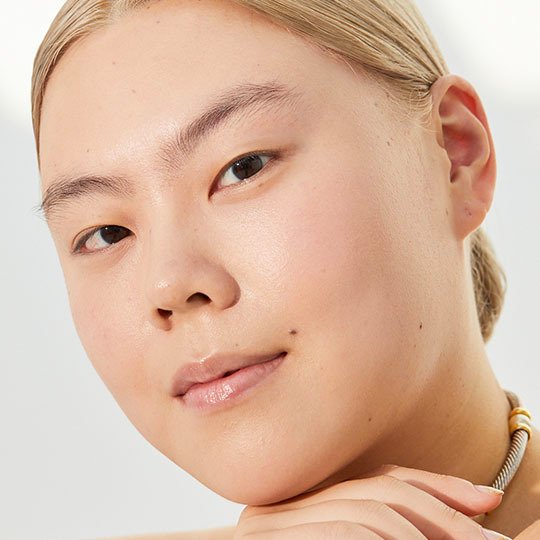Consider These Facts Before Attending Esthetician School
February 07, 2022
Know Your Goals Upfront
“Finding work after attending esthetician school can vary greatly depending on the type of esthetician you want to be,” says Joshua Ross, celebrity esthetician at SkinLab. “For example, it might be easier to get into a traditional large spa than it would be to get into a smaller, boutique medical spa. I think it’s important to think about your long-term goals — if you’re looking to have your own practice it might be wise to start slowly building your clientele immediately after school rather than spending a large amount of time in a spa working on their clients. They won’t necessarily leave for you when you go out on your own.”
Esthetician School Can Open Up Other Business Avenues
Eden Gilliam is a celebrity esthetician and founder of the award-winning skincare line Eve Milan New York. “Even after I graduated [from New York School of Esthetics], I would come back and sit with the director of my school and show her my business plan,” says Gilliam. “[In school], I got to see hands-on what ingredients were effective, what combination of ingredients I liked to use in the treatment room, and how I could translate that to an at-home product.”
A Good Mentor is Invaluable
“Starting as an assistant for a well established esthetician is the best pro tip I can recommend,” says Hassani. “What I learned in practice is a thousand times more valuable than what I was taught in school. If you don’t have the luxury of a good mentor while in school, specialized classes on extractions, peels, et cetera is crucial.” She recommends furthering your education by taking courses in cosmetic chemistry and learning what ingredients and product formulations work together.
Practice Is Key
Aneta Zuraw, celebrity esthetician and co-founder of Atelier Beaute, says she wishes she knew how often she would be practicing her skills outside the classroom while she was in school. “I spent nights practicing on my family members and friends,” she says. “When you finish school and start work, it is important that your skills are at a high level.”
Try an Apprenticeship
Depending on the state you live in, you may not need to attend school in order to become an esthetician. “Some people are not successful in thriving in a traditional classroom setting, and that is OK,” says Sarah Akram, a celebrity esthetician. “That is where an apprenticeship can be beneficial (and save you nearly $10k). [Virginia] offers an esthetics apprenticeship program and Sarah Akram Skincare is a registered apprentice provider to prospective basic and master candidates. We enroll you in an online course which is self taught, and then we provide hands-on training to gain experience with our team.” Find out the cosmetology licensing requirements in your state here.
A Customer Service or Sales Background Can be Helpful
“In this field, you deal with so many different types of people with so many different personalities and mental states,” says Hassani. “If you don’t know how to properly communicate and frame a message in a way that a client will understand, expectations will fall flat and your client, more likely than not, will be upset.” For example, it’s important to tell your clients if there is any downtime associated with the treatment they’re receiving and the types of results they should respect from their service. “Let them know that we aren’t magicians and nothing will happen overnight and with just one treatment,” she says. “It takes time and consistency to reach full results.” You also have to be able to properly market the services you’re suggesting to your clients.
You’ll Learn Constantly After School
“One thing that I did not realize before becoming an esthetician was how much continued education would be required,” says Ross. “The fields of technology and skincare are constantly evolving and you need to be really diligent about having trusted sources of information and education to continue throughout your career.”
